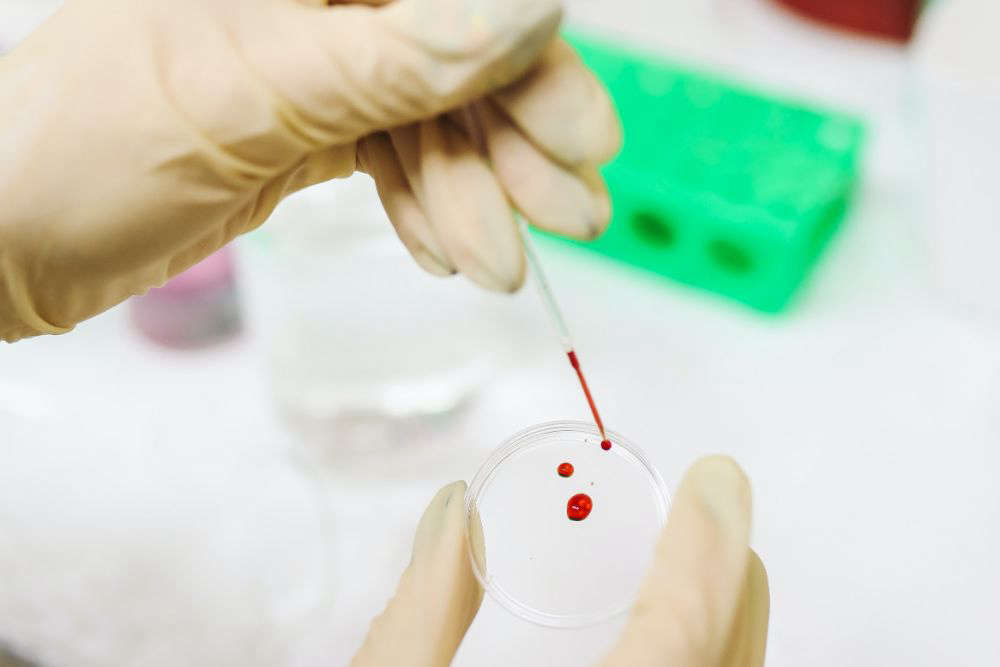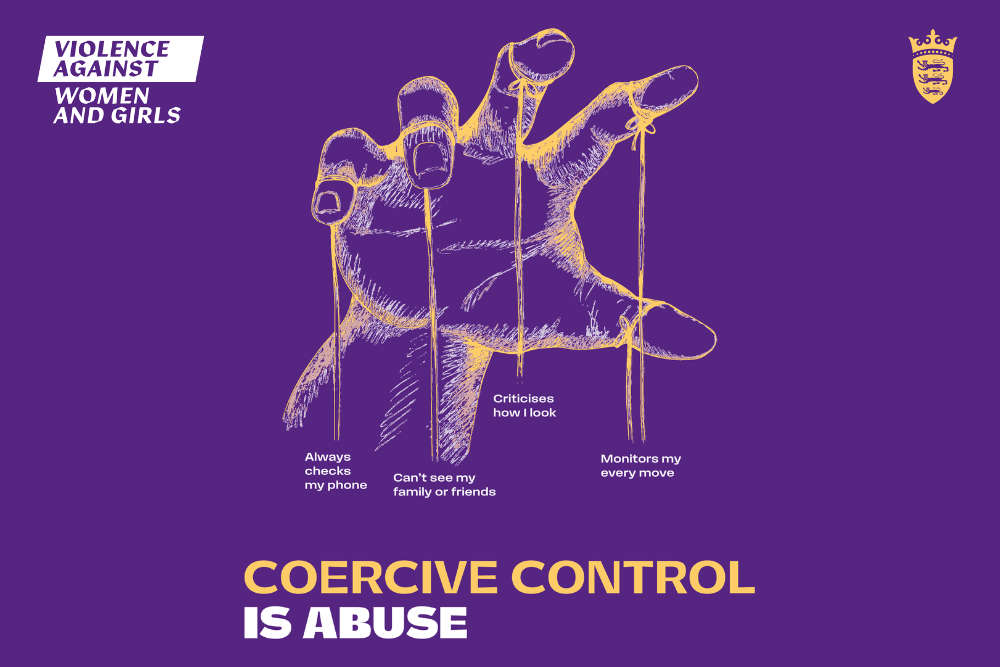
Higher than expected levels of chemicals have been detected in some islanders living near Jersey Airport.
Islanders who met certain criteria were offered free blood tests by Jersey's government earlier this year to check for PFAS.
The chemicals were used in fire-fighting foam in the 1990s. It contaminated ground water, affecting some private borehole supplies.
Around 75 people from 31 address took up the offer of the tests.
To be eligible they had to have lived in the area for more than one year, or worked there for more than two, between 1991 and 2006; regularly drank water from a borehole in the area and have at least one related symptom and a GP referral.
The government says 'some people' who received the testing have returned 'higher levels of PFAS in their blood than might be expected'.
Little is known about the potential health effects, but Director of Public Health Professor Peter Bradley says PFAs levels will drop over time.
"Unfortunately, at the moment there aren't any internationally agreed treatments, but we would like to believe that that would change in the future as people have started to do some clinical trails on what could be possible."

Further research will be done:
" We are going to establish an independent scientific advisory panel that can tell us what's going on. What we're doing at the moment is a making a precaution really, to look at the scientific literature as it develops.
But for most of us, there is no concern regarding PFAS. We know that the water we drink in our mains supply is safe and below the he internationally agreed limits of PFAS."
Health Minister Deputy Karen Wilson says islanders who have been tested will be invited to discuss the results, and for further tests in the future.
“The difficulties in interpreting these results will no doubt continue to cause uncertainty; however, the Government is committed to doing all we can to develop our understanding and continue conversations with islanders as our knowledge grows.
We are also going to start a ‘PFAS and Health’ scientific panel, which will include international academics. They will conduct an annual review of th evidence around PFAS, the health effects and interventions to reduce PFAS in the blood and will make recommendations to government. They will also be asked to advise government on the most appropriate ways for us to undertake re-testing and at what frequency this should be conducted moving forward.”


 Jersey Bulls player hospitalised in the UK after 'serious injury'
Jersey Bulls player hospitalised in the UK after 'serious injury'
 'Sacred' Celtic ground in Grouville could be reason for coin hoard location
'Sacred' Celtic ground in Grouville could be reason for coin hoard location
 Minister wants tougher powers over gas company
Minister wants tougher powers over gas company
 Man charged over 'violent' lunchtime fight in town
Man charged over 'violent' lunchtime fight in town
 Jersey's government may change the way it deals with complaints
Jersey's government may change the way it deals with complaints
 Recognised volunteers could win £200 for their sport organisation
Recognised volunteers could win £200 for their sport organisation
 'F1 in schools' cars take to the track
'F1 in schools' cars take to the track
 Islanders urged to seek help for coercive control
Islanders urged to seek help for coercive control

